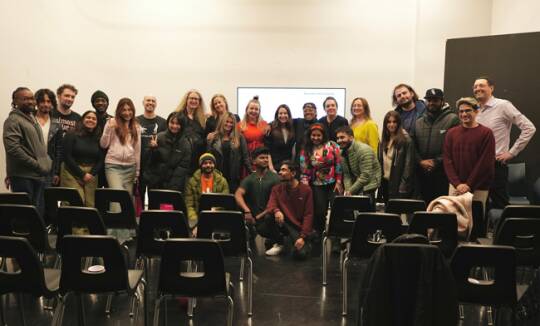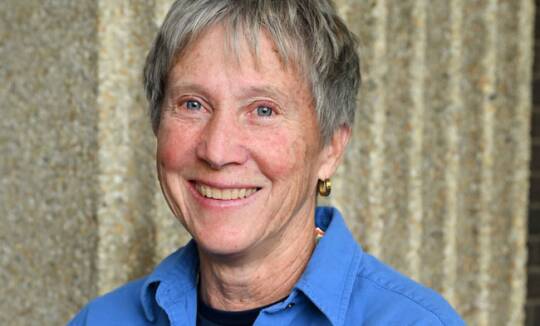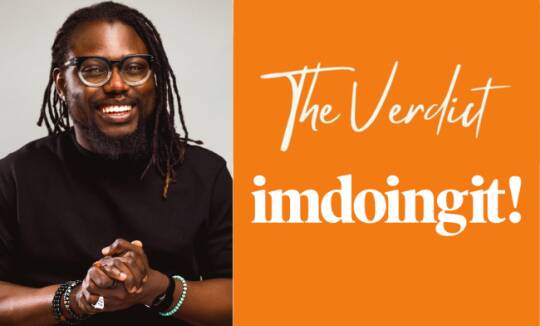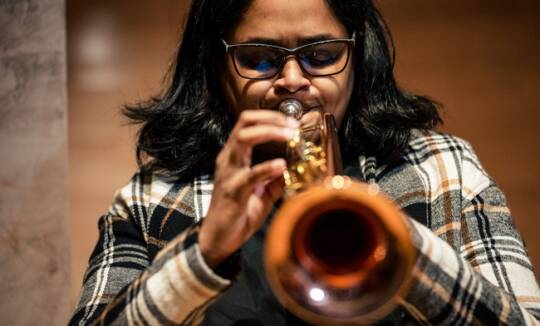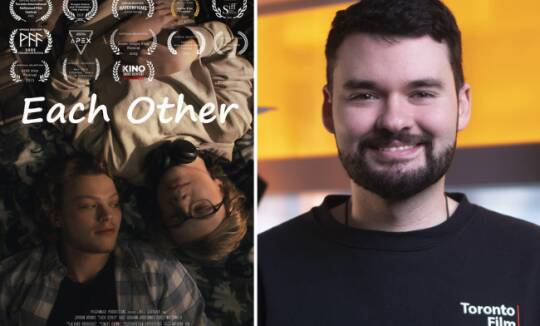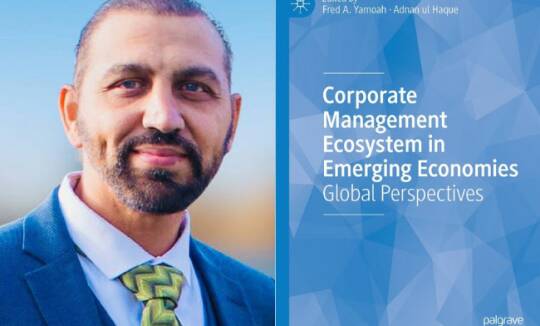With all the idealism I could fit in my 21-year-old self, I pursued a career in education expecting to find a space that fostered criticality with heart and conviction – a place where lived experience was integral to learning, where knowledge was negotiated, power was shared, and equity was paramount.
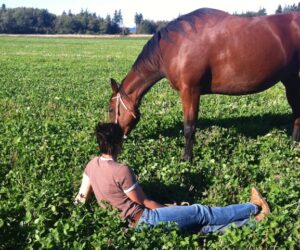
I expected to find a place that encouraged students and teachers to be critically conscious, creatively compelled authors of change. I didn’t find that space back then and, fearing that I’d landed in a context that was impervious to change, I fled the system and spent the next 18 months doubting my ability to survive the crushing disillusionment. I eventually returned to education and, 20 years later, I like to think I don’t scare as easily. It helps, of course, to have found a community that supports me as I foster those spaces I’d once hoped to find: critical, creative, equitable, compassionate places where learning has the power to inspire real change.
This change, for me, resides in [re]introducing personal identity to our studies. The existing literature tends to explore identity as it relates to society. Identity as a personal construct, though, is an integral basis of the Self who engages in teaching and learning yet it remains in the periphery of discussions (Stets & Burke, 2012). Two seminal scholars defy this trend. Palmer has, for more than two decades, made Self central in education arguing that reducing teaching to an exclusively intellectual practice relegates it to abstraction the same as making it solely emotional renders it narcissistic:
Intellect, emotion, and spirit depend on each other for wholeness. They are interwoven in the human self and in education at its best, and we need to interweave them in our pedagogical discourse as well (Palmer, nd, p. 2).
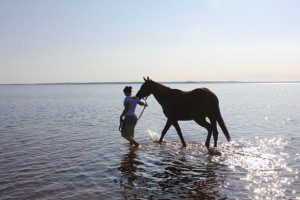
He argues that teaching illuminates the soul through the provision of self-knowledge and this self-knowledge is as crucial to teaching with integrity as is knowledge of students and subject. He cautions that, without self-knowledge, I will proceed to live, be, and teach “through the shadows of my unexamined life” (p. 2). The loom of a good teacher weaves together in equal parts self, student, and subject and, in teaching from an undivided place, encourages in students, a “capacity for connectedness” (p. 3). Palmer speculates that this type of integrity in identity is challenging because
we fear making ourselves vulnerable in the midst of competitive people and politics that could easily turn against us, [so] we claim the inalienable right to separate the personal and the professional into airtight compartments…and keep the workplace conversation objective and external, finding it safer to talk about technique than about selfhood (p. 14).
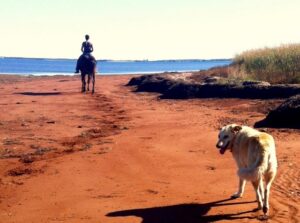
This personal pathology, he says, adversely affects our work and our lives.
Whyte (2001) shares Palmer’s commitment to whole human approaches to vocation when he reminds us that,
to have a firm persuasion in our work – to feel that what we do is right for ourselves and good for the world at exactly the same time – is one of the great triumphs of human existence (p. 4).
Drawing on ecologies of belonging, he says that the human soul finds courage in the difficult intimacies of negotiating identities at the boundaries between Self, subject, and other, and challenges us to “see with the eyes of those who do not quite belong” (p. 172). There, in that space of fear, hope, wholeness, and unbelonging we will find ways to overcome disembodied, decontextualized, and dehumanized approaches to teaching, learning, and being.
This way of being is dependent on both students and teachers having a sense of efficacy and trust in those entrusted. As we actively champion spaces for students to engage more fully, I acknowledge that we teach who we are. This act, at once personal and political, requires a commitment to honouring the lived experiences of learners and colleagues even as we honour our own. Dedicated to this practice as a way of being, I invite you to claim education as a space where critical and reflexive practices can drive social change.
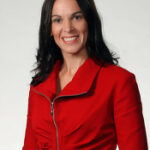
Dr. Ellyn Lyle is Associate Dean of the Faculty of Education at Yorkville University. With deep connections to the land and animals, she embraces metaphor to untangle lived experience as a way to inform teaching and learning as autobiographical experience.
References
Palmer, P. (nd). The heart of a teacher: Identity and integrity in teaching. Retrieved: http://www.couragerenewal.org/PDFs/Parker-Palmer_The-Heart-of-a-Teacher.pdf
Stets, J. E. & Burke, P. J. (2012). A Sociological approach to self and identity. M. Leary & J. Price Tingley (Eds) Handbook of self and identity. New York: Guilford Press.
Whyte, D. (2001). Crossing the unknown sea: Work as a pilgrimage of identity. NY: Riverhead Books.

